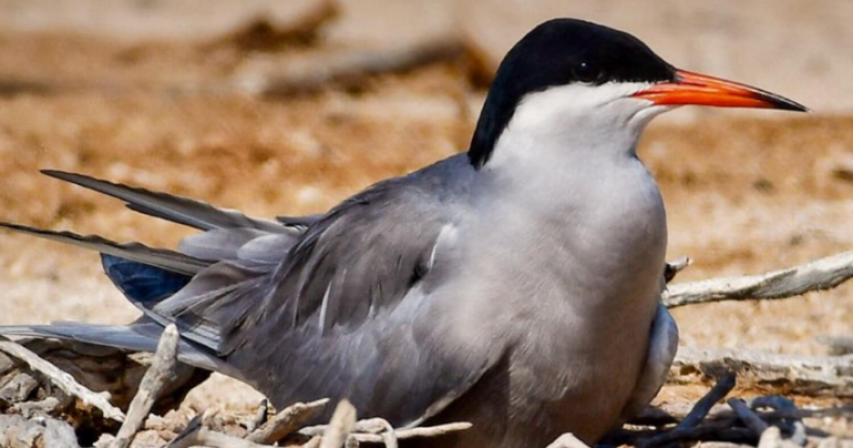Collecting eggs of wild birds illegal, warns Abu Dhabi authority

Authorities in Abu Dhabi have issued a stern warning against the collection of wild bird eggs, reminding the public of the legal and environmental implications. The Environment Agency - Abu Dhabi (EAD) highlighted this issue in a notice posted on X (formerly Twitter), emphasizing the importance of protecting the "beautiful" wild birds that find refuge on Abu Dhabi islands during the summer months. These islands serve as crucial breeding grounds for migratory terns and other bird species.
Legal Framework and Penalties
According to Federal Law No. (24) of 1999, it is illegal to hunt, capture, or harm wild birds and their nests. The law stipulates severe penalties for violators, including imprisonment and fines ranging from Dh2,000 to Dh20,000. The EAD reiterated that ensuring the safety of these birds is a collective responsibility and urged the public to refrain from disturbing their natural habitats.
Importance of Bird Conservation
With the onset of summer, many wild birds migrate to Abu Dhabi's islands, which offer a safe haven during the hot months. These islands are not just temporary shelters but vital breeding grounds for various bird species. Migratory terns, in particular, rely on these islands to lay eggs and raise their young. Disrupting this natural process by collecting eggs can have significant negative impacts on the bird populations.
Public Appeal and Reporting Mechanisms
The EAD has called on residents and visitors to report any illegal activities related to wild birds to the government. They provided a toll-free number, 800555, for the public to report such incidents. The agency stressed the importance of community involvement in safeguarding the natural heritage and biodiversity of Abu Dhabi. By reporting illegal activities, individuals can contribute to the conservation efforts and help protect the environment.
Broader Environmental Concerns
The protection of wild birds is part of a broader initiative to preserve Abu Dhabi's rich biodiversity. The EAD's efforts are aligned with global conservation goals aimed at maintaining ecological balance and ensuring the survival of various species. Wild birds play a critical role in ecosystems, including pest control, pollination, and seed dispersal. Their conservation is essential for the health of the environment and the well-being of human communities.
Education and Awareness
In addition to enforcing laws, the EAD is focused on educating the public about the importance of wildlife conservation. Through various campaigns and outreach programs, the agency aims to raise awareness about the role of wild birds in the ecosystem and the legal protections in place to safeguard them. By fostering a sense of responsibility among the public, the EAD hopes to reduce incidents of illegal activities and promote sustainable interactions with nature.
Case Studies and Past Incidents
There have been several instances in the past where individuals were prosecuted for violating wildlife protection laws in Abu Dhabi. These cases serve as a reminder of the consequences of illegal activities and the seriousness with which authorities approach wildlife conservation. The EAD's strict enforcement of the law underscores their commitment to protecting the environment and ensuring that future generations can enjoy the natural beauty of Abu Dhabi's wildlife.
Conclusion
The EAD's recent notice serves as a critical reminder of the importance of protecting wild birds and their habitats. Collecting eggs, hunting, or harming wild birds is not only illegal but also detrimental to the ecological balance. The public is urged to act responsibly and report any violations to the authorities. By working together, the residents of Abu Dhabi can help preserve the emirate's rich biodiversity and ensure that wild birds continue to thrive in their natural habitats. The EAD's ongoing efforts in education, awareness, and strict enforcement of laws highlight the collective responsibility in safeguarding the environment and promoting sustainable practices.
By: Sahiba Suri





Comments